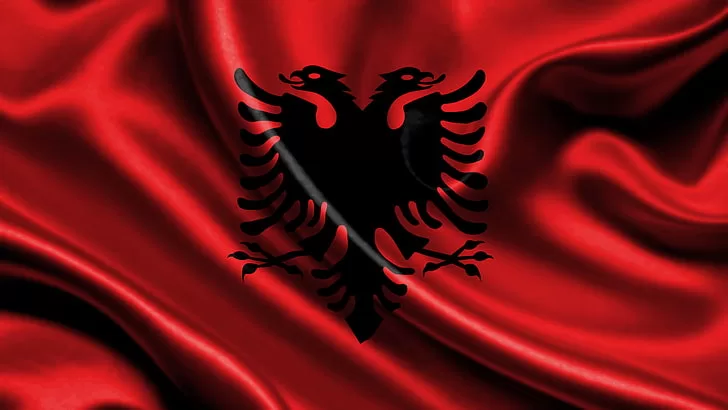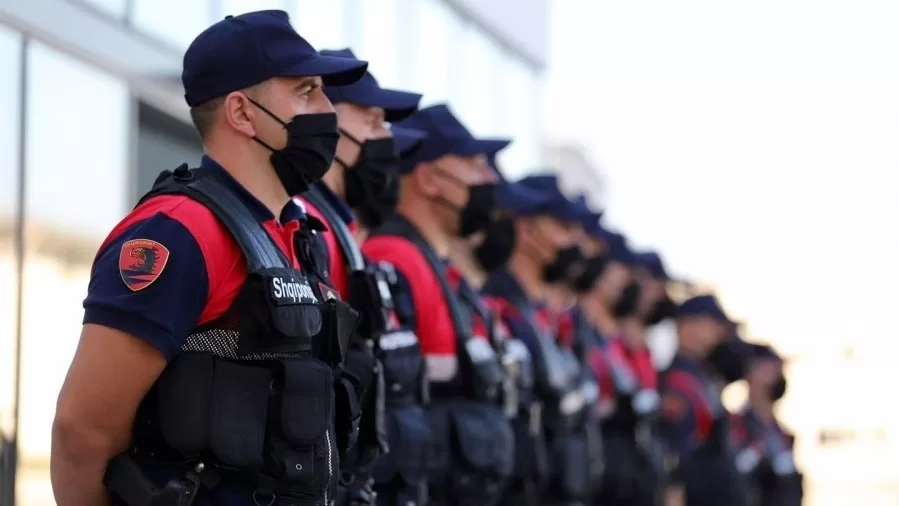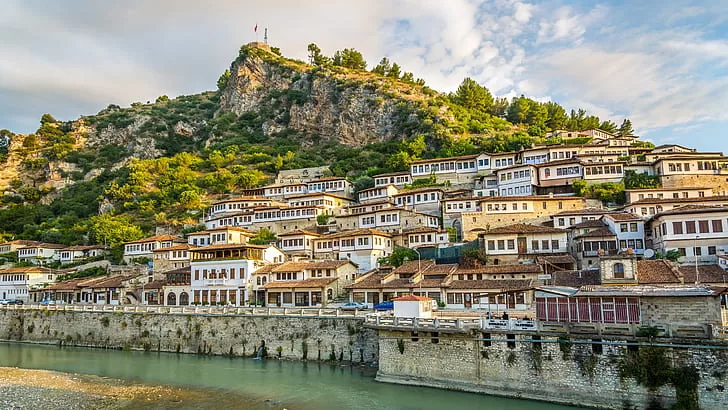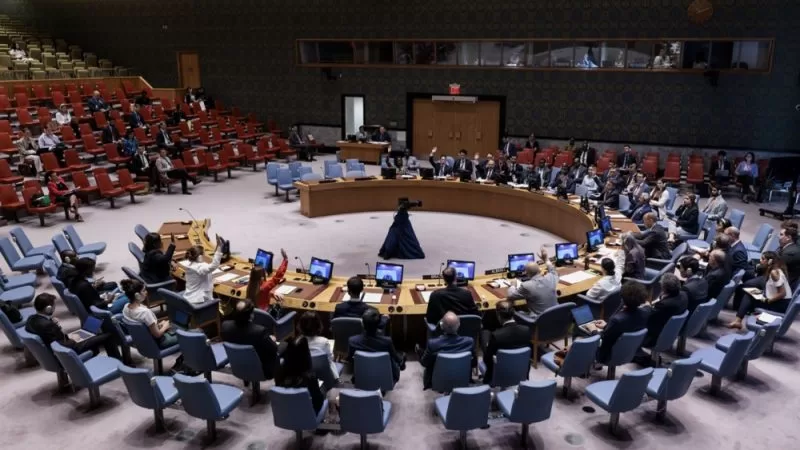Albania Country Report

Albania is a beautiful country located in Southeastern Europe, known for its stunning landscapes, rich history, and vibrant culture. The official language spoken in Albania is Albanian. Albania has a diverse geography, with breathtaking mountains, picturesque coastlines along the Adriatic and Ionian Seas, and charming countryside. The country offers a variety of outdoor activities, such as hiking, exploring ancient ruins, and relaxing on pristine beaches. Albania has a fascinating history, with influences from various civilizations, including Illyrians, Romans, Byzantines, and Ottomans. This rich history is reflected in the country’s architecture, archaeological sites, and cultural traditions.
In recent years, Albania has made significant progress in terms of economic development and infrastructure. The country has also been working towards closer integration with the European Union. Albanian cuisine is delicious and diverse, with dishes like burek (a savory pastry), tave kosi (baked lamb with yogurt), and byrek (a savory pie). The hospitality of the Albanian people is also well-known, making visitors feel welcome and at home. Last updated: April 7, 2022
Security

1. Low Crime Rate: Albania is generally considered a safe country with a low crime rate. However, it’s always important to take basic precautions like you would in any other place.
2. Tourism Safety: Albania has become an increasingly popular tourist destination in recent years. The government has taken measures to ensure the safety of tourists, including increased police presence in popular areas and improved tourist infrastructure.
3. Political Stability: Albania has made significant progress in terms of political stability. The country has a functioning democratic system and has been working towards strengthening its institutions and governance.
4. Border Security: Albania takes border security seriously and has implemented measures to control and monitor its borders. This helps maintain the safety and security of the country.
5. Emergency Services: Albania has emergency services in place, including police, ambulance, and fire departments, to respond to any emergencies or incidents.
Last updated: April 14, 2022
Infrastructure
Albania has been making significant progress in terms of infrastructure development in recent years. The government has been investing in various sectors, including transportation, energy, and telecommunications, to improve the country’s overall infrastructure. Efforts have been made to upgrade and expand road networks, making it easier to travel within Albania and connect with neighboring countries. The construction of new highways and the rehabilitation of existing roads have helped enhance transportation efficiency and connectivity. In the energy sector, Albania has been focusing on diversifying its energy sources and improving its energy infrastructure. The country has been investing in renewable energy projects, such as hydropower plants, to reduce reliance on fossil fuels and promote sustainable energy production. The telecommunications sector has also seen advancements, with the expansion of mobile and internet services throughout the country. This has improved connectivity and access to information, benefiting both individuals and businesses.
Last updated: February 8, 2023
Environment

Albania is located in a seismic zone where earthquakes occur occasionally. The rainy season, usually between December and February, can cause severe flooding, especially in the north of the country. Landmines and unexploded ordnance (UXO) pose a significant risk near the border with Kosovo. These areas are known as danger zones in Albanian and most of them are clearly marked.
Last updated: February 28, 2022
Health and Medical
The healthcare system in Albania consists of both public and private healthcare providers. The Ministry of Health is responsible for overseeing the healthcare sector and ensuring the delivery of quality healthcare services. Public healthcare facilities, such as hospitals and clinics, are available throughout the country. These facilities provide a range of medical services, including primary care, specialized treatments, and emergency care.
However, it’s important to note that the quality and availability of healthcare services may vary in different regions. Private healthcare facilities are also an option for those who prefer personalized care or have specific medical needs. These facilities often offer a wider range of services and shorter waiting times. It’s always recommended to have travel insurance that covers medical expenses when visiting Albania or any other country. This can provide you with peace of mind in case of any unexpected health issues during your stay.
Last updated: September 14, 2022
Political

The political situation in Albania is relatively stable. The country has a multi-party system, with the Socialist Party and the Democratic Party being the two major political parties. Albania has made significant progress in terms of political reforms and democratization since the early 1990s. The country has held regular elections, and the peaceful transition of power has become a standard practice. However, like any other country, Albania also faces its share of political challenges and debates.
Issues such as corruption, rule of law, and the independence of the judiciary are areas that the country continues to work on improving. It’s always important to stay informed about the political landscape and current events through reliable sources when discussing the political situation of any country
Last updated: February 8, 2023















